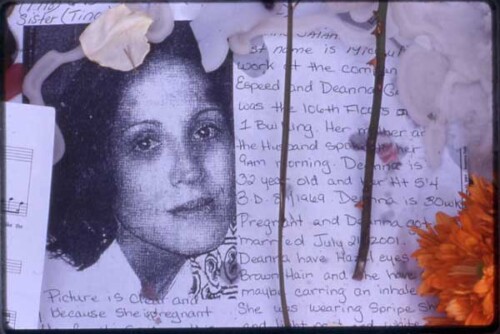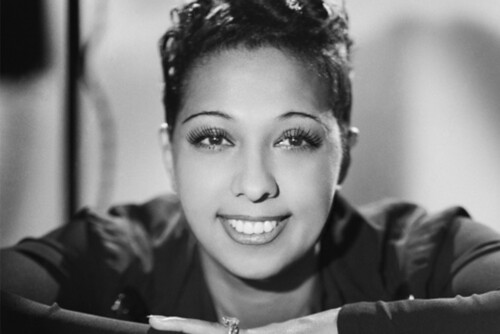On readying an audience for a play:
ADS: [The audience is] part of the play, and it’s their play. But you can’t just have them show up. You can’t just have an audience show up.
I think that as theater makers and theater educators we have a responsibility to deal with them as something other than audiences, before we’re bringing them into this civic arena.
AP: So the paradox is, how do you make the audience ready for your play, before the play?
ADS: I think we can be very imaginative about that. At the Institute, during the second summer, I experimented with the idea of someone called “Producer of the Public” who would really cast the audience. That is to say, if we were doing something about police brutality, then that Producer of the Public would bring policemen, who have one idea, and people who had been victims of police brutality, or their families have.
So that we really want to have this engagement – you could say that’s cheating but it’s not. It’s not like papering the audience the night that the critics come. Because, again, we’re not doing it for the standing ovation or for the presence of Ben Brantley.
We’re really doing it because we would like to have this conversation that we know, and we’ve tried very hard to show you something that we know. We anticipate that you have a greater expertise; you have another expertise of accessing.



